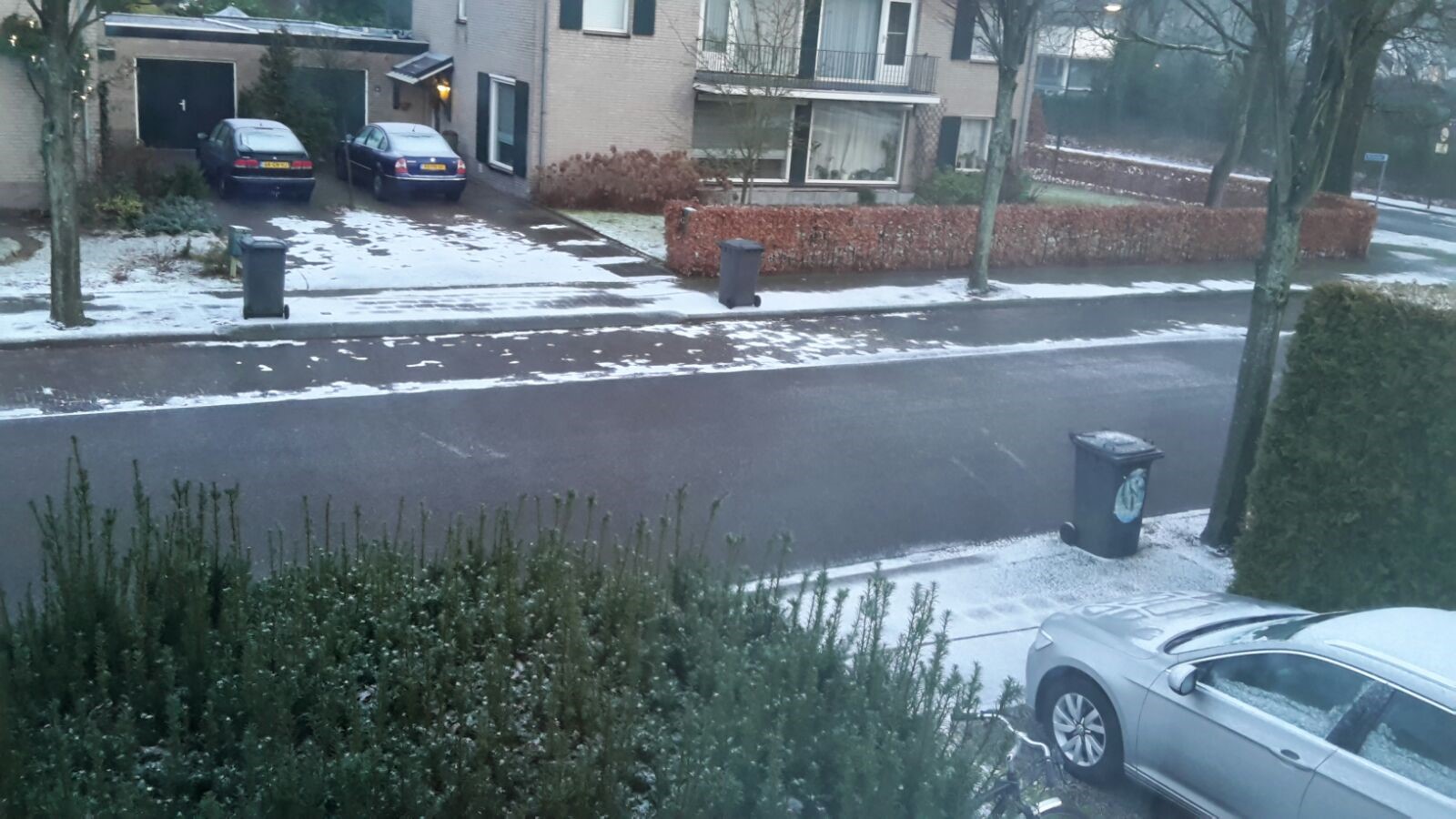
Lessons about relationships, sexuality and diversity. It was spring fever week, but not many Eindhoven primary schools were keen to focus on the birds and the bees. Only 10 out of 53 schools joined the project. “We don’t have anything against it, but it is important to choose what suits your own school”.
Education about relational and sexual development may be obligatory in The Netherlands, but it is up to the primary schools themselves how to give this shape. ‘tKarregat was one of the ten schools that did choose to join the spring fever week, (week van de lentekriebels). “There are so many different focus weeks and our programmes are so full that it is difficult to reach the targets for sex and relationships education in the course of a school year”, school director Coen van den Elsen expalins.
Worried parents
Van der Elsen’s decision meant that this primary school in Tongerle spent 45 minutes every day on topics related to sexuality. A small number of parents had difficulty accepting this. They claim that the lesson material is too confrontational for young children. “We notice a lot of discussion among parents who are struggling with the idea. This is largely caused by the mistaken impression parents have. These impressions are created by social media showing manipulated images of the lesson material we use. Children also come home from school with stories disconnected from their original context, which creates misunderstandings”, says Van Elsen.
The director claims that the school tries hard to explain to parents how they approach the subject. “We invite them for a coffee to answer questions and remove any anxiety. SALTO School International I-Start did not decide to join the sex-ed week. However, their decision was not because of any worry among parents.

Not neglected
“We have taken a conscious decision not to join this particular focus week, because the topics form an integrated part of our regular lessons,” says director Natascha Zijderveld. “We do not want to cram everything into one week, but cover the topics all through the year.”
She does not fear that the targets concerning sexual education are neglected at her primary school. There is next to no discussion among the parents. “I am particularly in favour of our approach because it does not treat sex-ed as an added extra, but as perfectly natural.”















